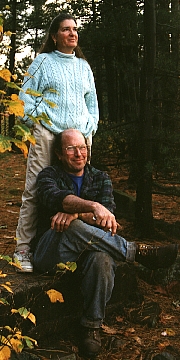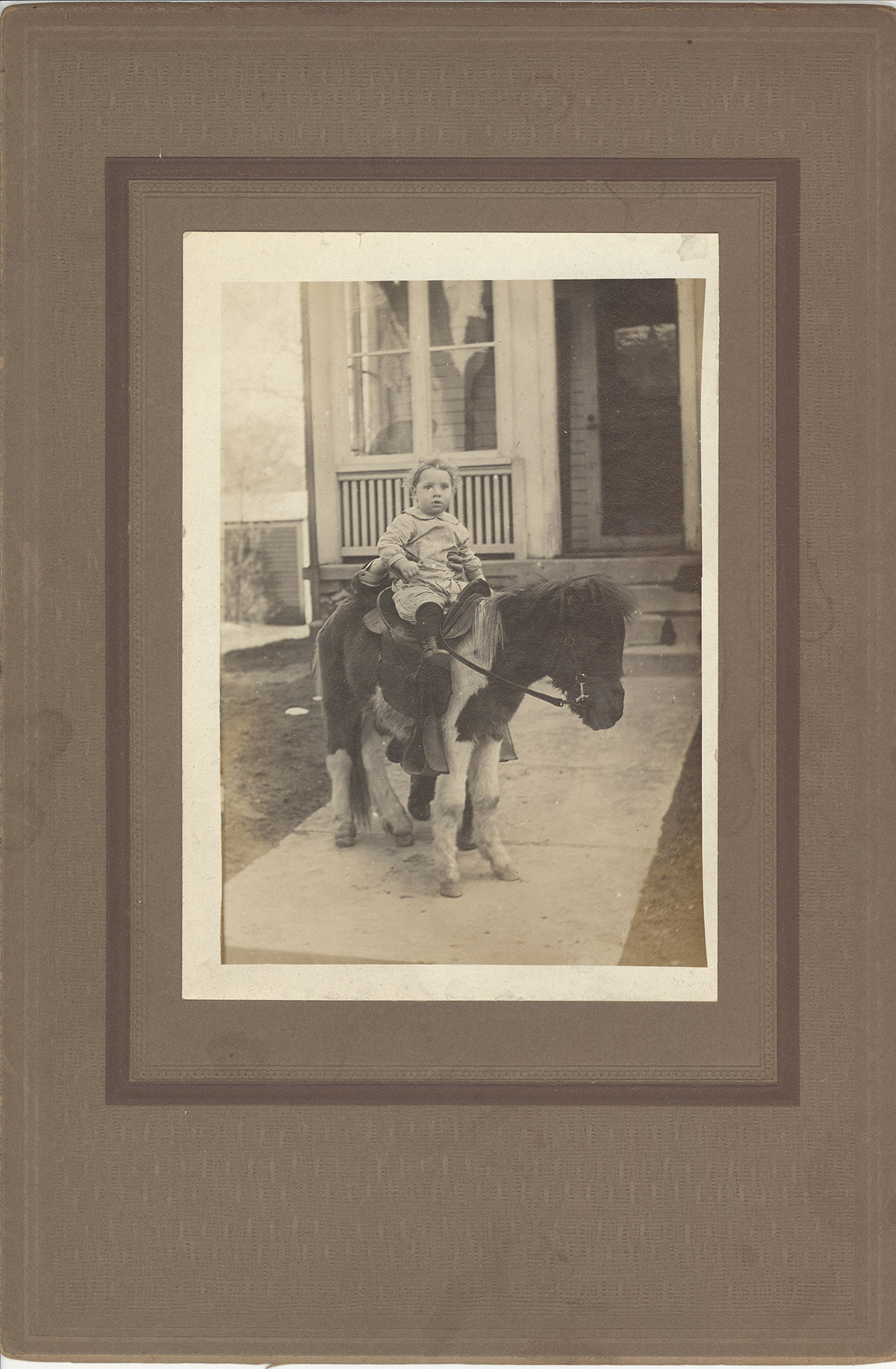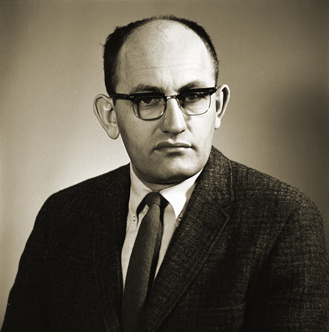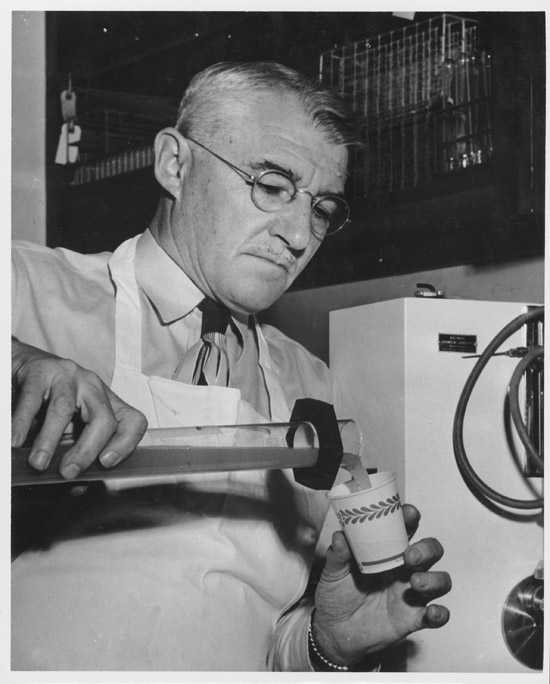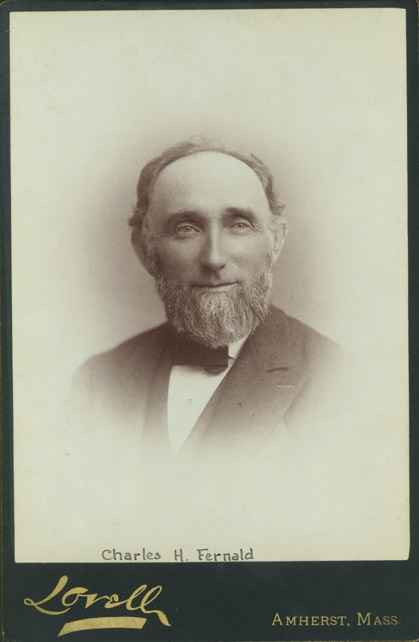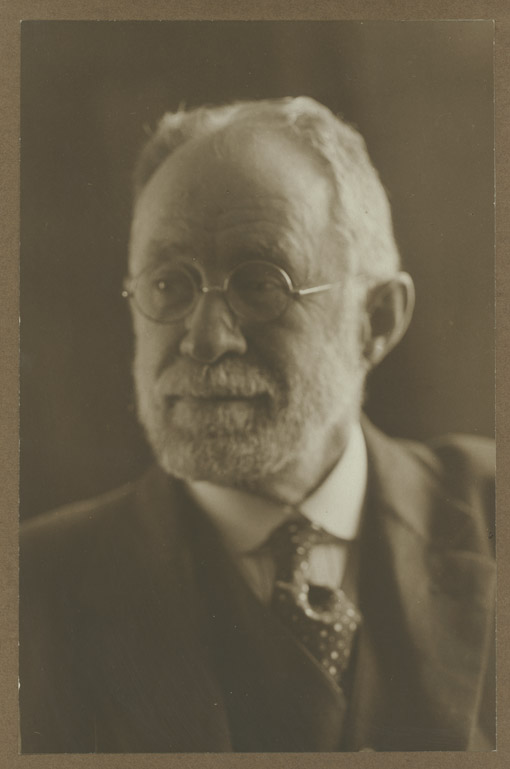William Wallace Denslow Botanical Manuscripts Collection
A druggist by training, William Denslow became interested in botany as a means of combating tuberculosis through outdoor exercise. As his interests developed, Denslow amassed an herbarium that included between 11,000 and 15,000 specimens, including both American and European species.
The Denslow collection consists of a single volume of manuscripts, chiefly letters, collected from significant botanists and other individuals, including William Henry Brewer, Mordecai Cubitt Cooke, Asa Gray, Isaac Hollister Hall, Thomas P. James, Horace Mann, Edward Sylvester Morse, Charles Horton Peck, George Edward Post, Frederick Ward Putnam, George Thurber, and John Torrey.


